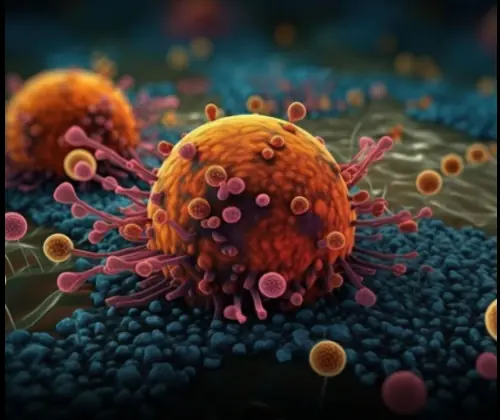
2 groups of people are advised not to eat cassava, to avoid poisoning, absolutely do not eat cassava when it shows these signs
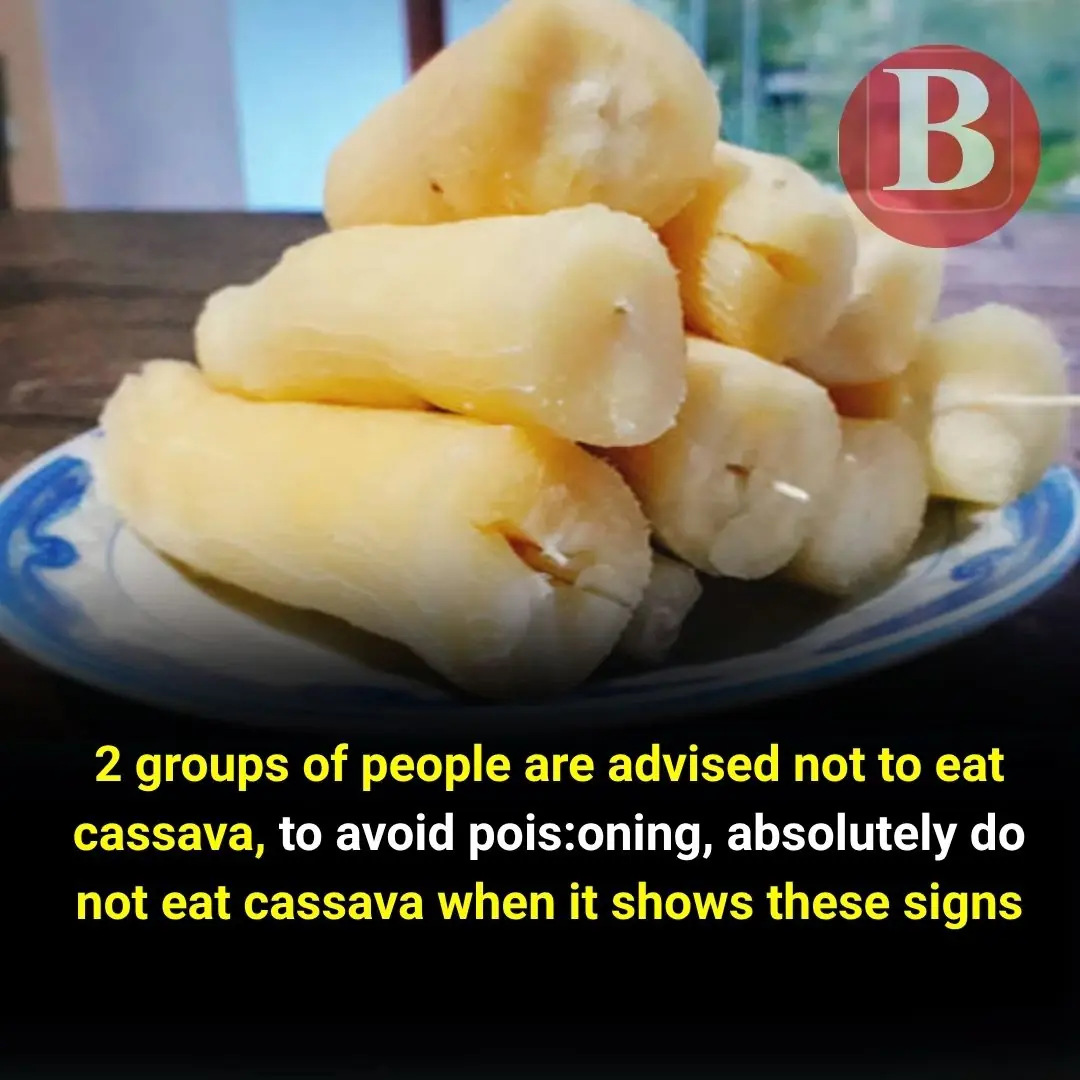
Eating cassava is delicious, but if not prepared and consumed properly, it can cause poisoning that is dangerous to life.
Cassava, also known as manioc or yuca, is a familiar food for Vietnamese people. It mainly contains starch along with other nutrients such as protein, fat, and fiber.
Although cassava has many benefits, its tubers and leaves contain a significant amount of the toxin hydrocyanic acid (HCN). The HCN content varies depending on the cassava variety. Bitter cassava contains more toxins, making the risk of poisoning higher than with sweet cassava.
Two groups of people are advised not to eat cassava, and it should absolutely not be consumed when cassava shows these warning signs.
When boiling cassava, the lid should be left open to help eliminate toxins.
For safety, toxins in cassava must be removed before cooking by peeling, soaking in water, and then boiling. During boiling, the water should be changed 1–2 times, and the pot should remain uncovered. Hydrocyanic acid (HCN) is volatile and easily soluble in water, so proper preparation makes cassava safe to eat.
It is also recommended to eat cassava with sugar or honey to neutralize toxins. If cassava tastes bitter, it should be discarded because the more bitter it is, the higher its HCN content.

Two groups of people are strongly advised not to eat cassava
Pregnant women should avoid cassava
Boiled or steamed cassava is a popular snack that many pregnant women crave. However, due to its high HCN content, it can easily cause digestive disorders or even poisoning. Therefore, pregnant women should avoid eating this root.
Children should not eat cassava
A child’s digestive system is still immature and unable to efficiently process and eliminate toxins. If children eat too much cassava, toxins may accumulate in their bodies over time and cause illness. In particular, cassava should never be given to children on an empty stomach, as it may lead to poisoning.
Symptoms and treatment of cassava poisoning
Mild cases:
The poisoned person may experience dizziness, flushing in the face, ringing in the ears, vertigo, itching, numbness in the limbs, nausea, and abdominal pain.
Severe cases:
The poisoned person may become restless, have difficulty breathing, tremors, and convulsions. This may progress to coma, breathing irregularities, low blood pressure, circulatory collapse, and even death if not treated promptly.
First aid for cassava poisoning:
The first step is to induce vomiting. Have the victim drink plenty of water and gently stimulate the throat with clean fingers to trigger vomiting.
While vomiting, the helper should support the victim’s head, tilt it to one side, and use a cloth to clean away vomit and fluids. The victim should then be taken immediately to a medical facility, bringing along the suspected toxic food or its container to help identify the toxin.
In severe cases, when the victim shows signs of loss of consciousness or coma, they should be placed in a safe recovery position (lying on their side) and transferred quickly to the nearest hospital for emergency treatment.
News in the same category

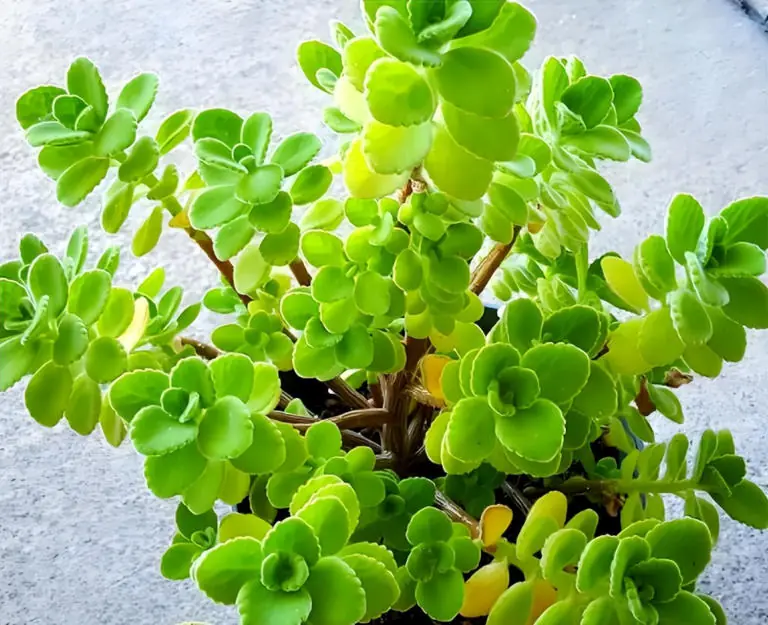
7 Plants That Act as “Natural Air Purifiers” You Should Keep in the Bathroom

Sending $1,000 to My Mother Every Month, Yet Her Bank Account Was Empty When She Pas.sed Away

Sweet Potato vs. Potato: The Truth About Their Health Benefits
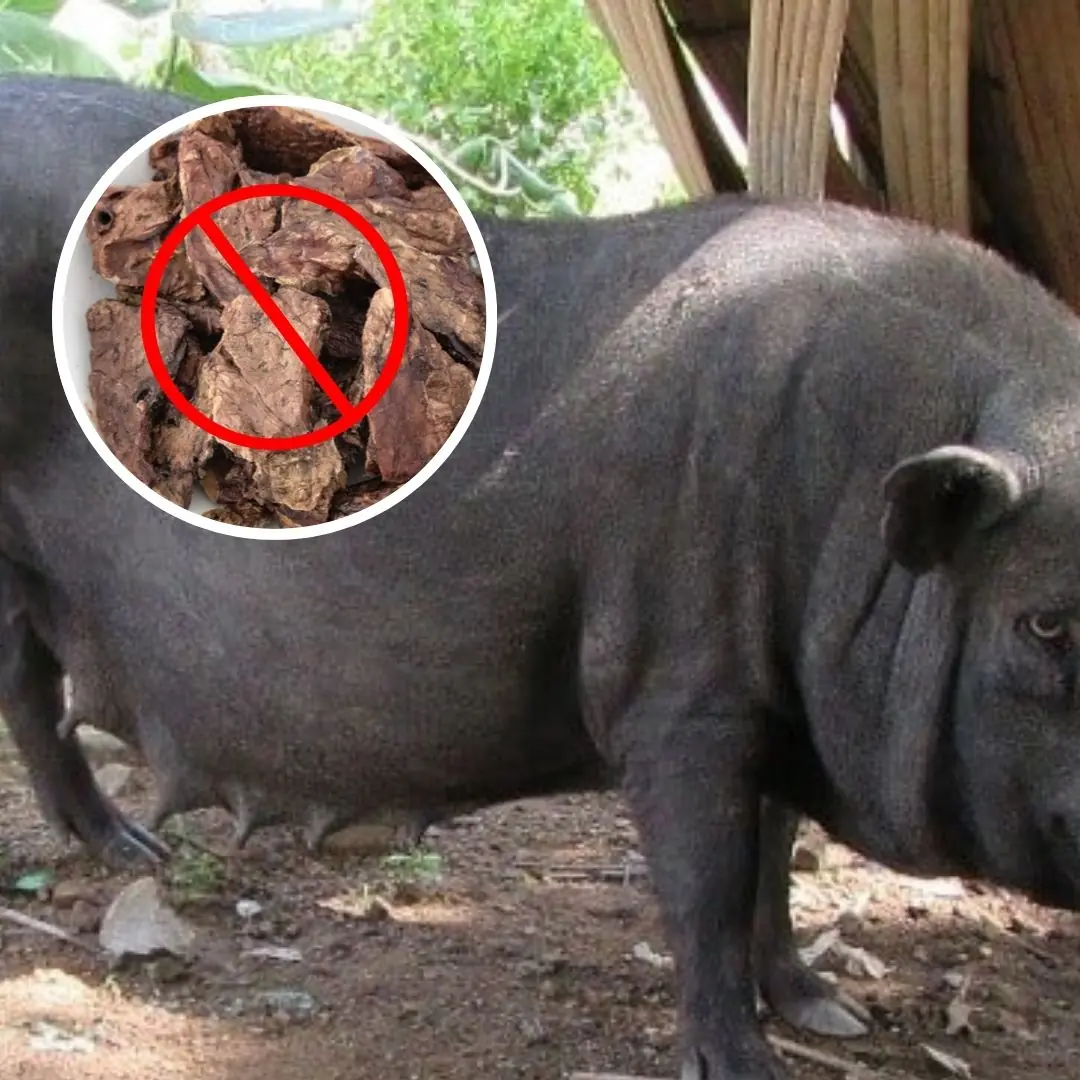
These 4 parts of a pig may be delicious and inexpensive, but you shouldn’t eat them too often—don’t let greed harm your health
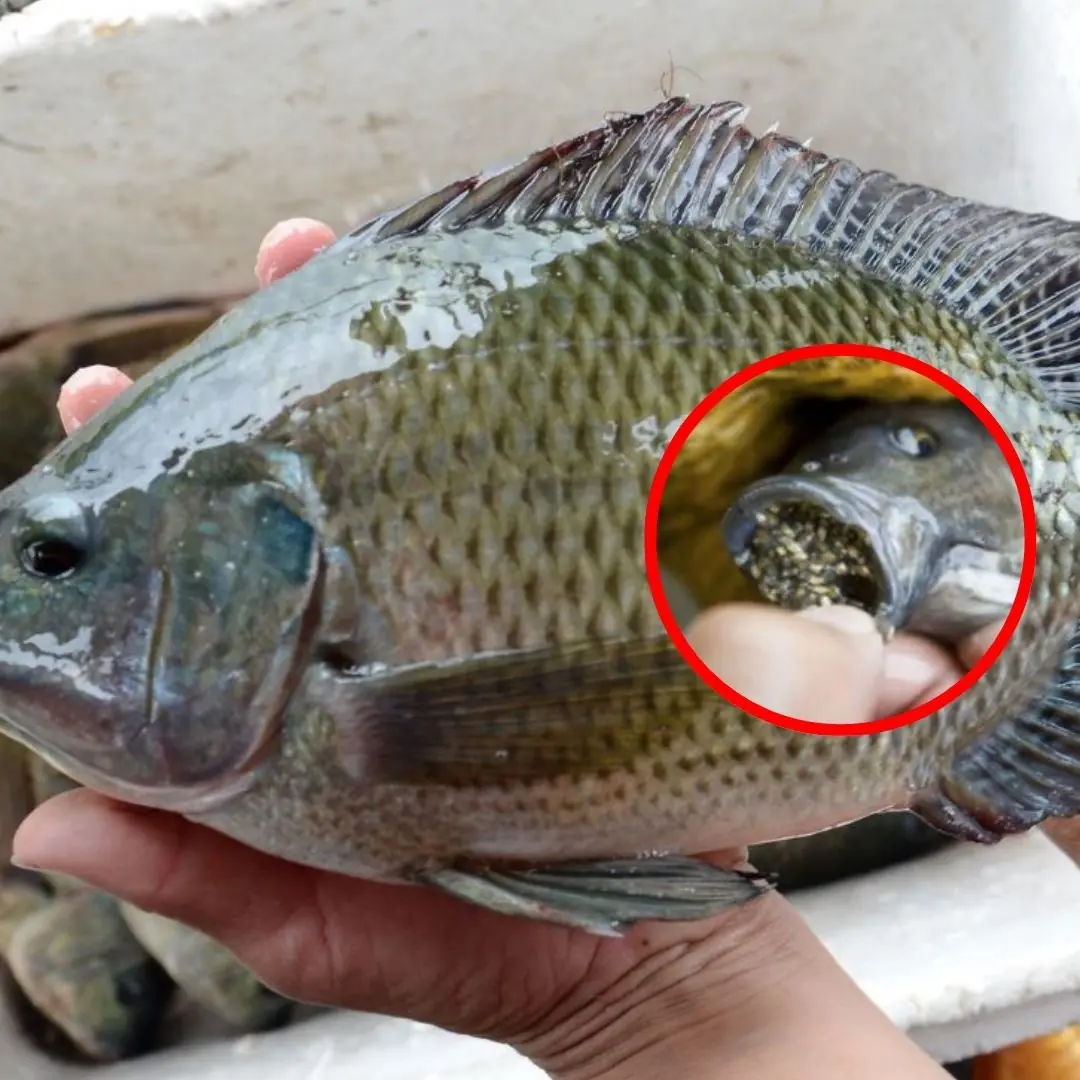
Reasons why you should stop eating tilapia as soon as possible
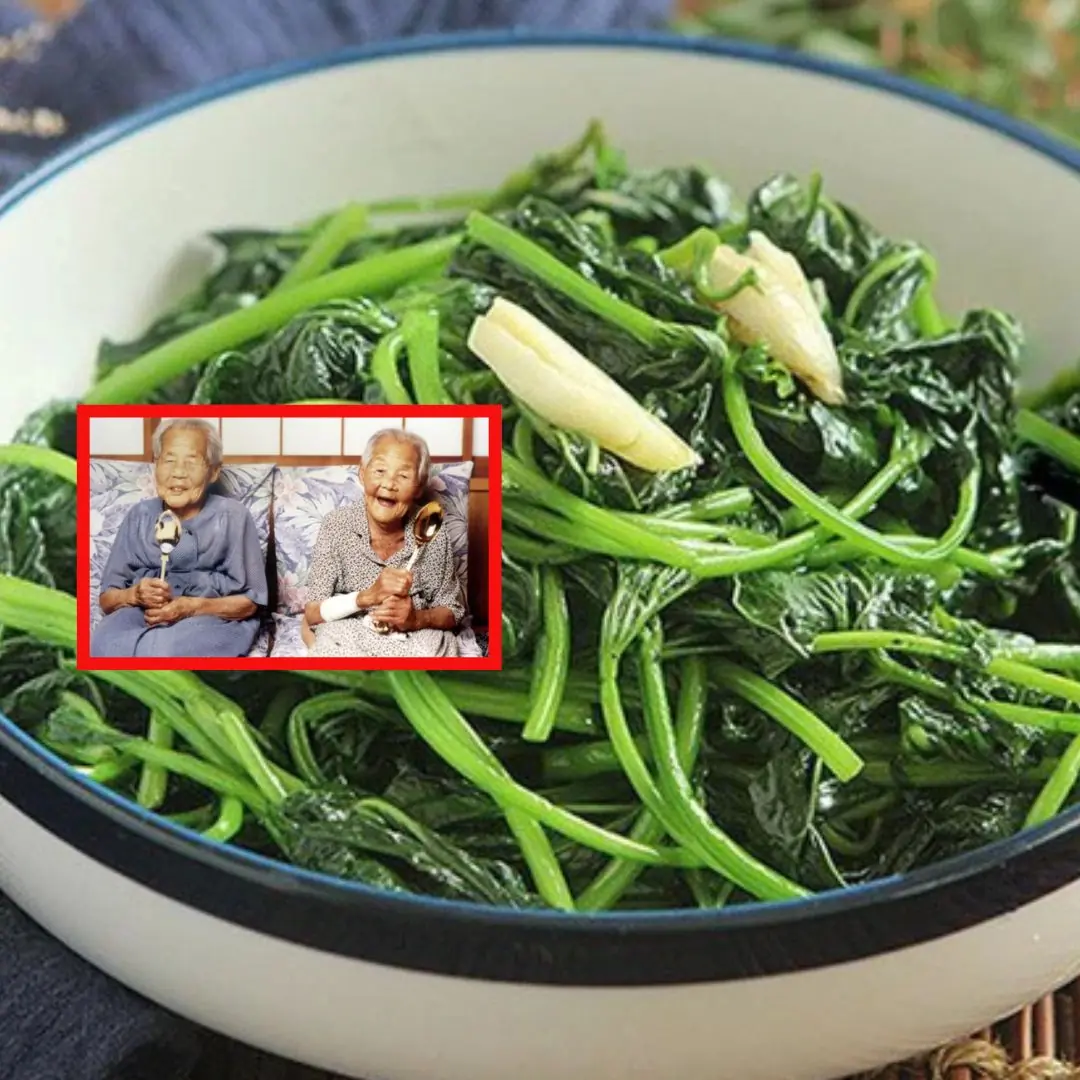
Rich in nutrients, these 3 vegetables are considered by the Japanese as a longevity eli.xir

Does eating boiled eggs every day benefit or harm the li.ver?

Artichoke - "super vegetable" helps keep the liver healthy, good for the heart, and prevents can.cer

Why do restaurants and hotels often put ice in the toilet?

Why do foreigners rarely use electric kettles even though they are very convenient?

Should You Peel Ginger Before Eating? The Answer Isn’t as Simple as You Think
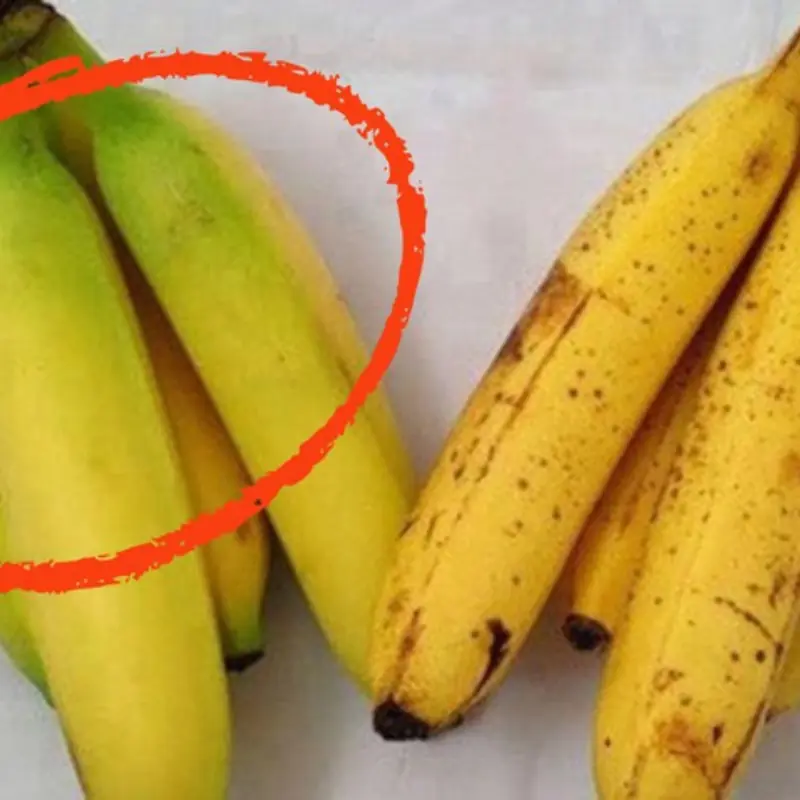
When Buying Bananas, Just Remember This Tip and You’ll Instantly Know Whether They’re Naturally Ripe or Chemically Ripened

5 Foods Stored in the Fridge That Are Like a “Breeding Ground” for Bacteria and Pathogens

A 40-Year-Old Woman Was Rushed to the Hospital After Eating Grapefruit This Way

5 great benefits of drinking coffee in the morning

Why should men eat a slice of ginger after waking up in the morning?

4 amazing health benefits of chrysanthemum tea

Why Should Men Eat a Slice of Ginger After Waking Up in the Morning?
News Post

4 Vegetables Easily “Treated” with Chemicals

The Part of the Pig Often Dismissed as “Dirty” and Thrown Away: Turns Out It’s a “Miracle Food” with 10 Times More Iron Than Meat

An 8-Year-Old Girl Complained of “Sto.mach Pain” Every Friday Afternoon

Eating Eggs Can Be Harmful for These 5 Groups of People: Better Stay Away!

Early detection colon polyps: The key to effective can.cer prevention

Think it’s harmless? The risks of wearing bras to sleep might surprise you

What dise:ase is gr.oin pa.in a symptom of?
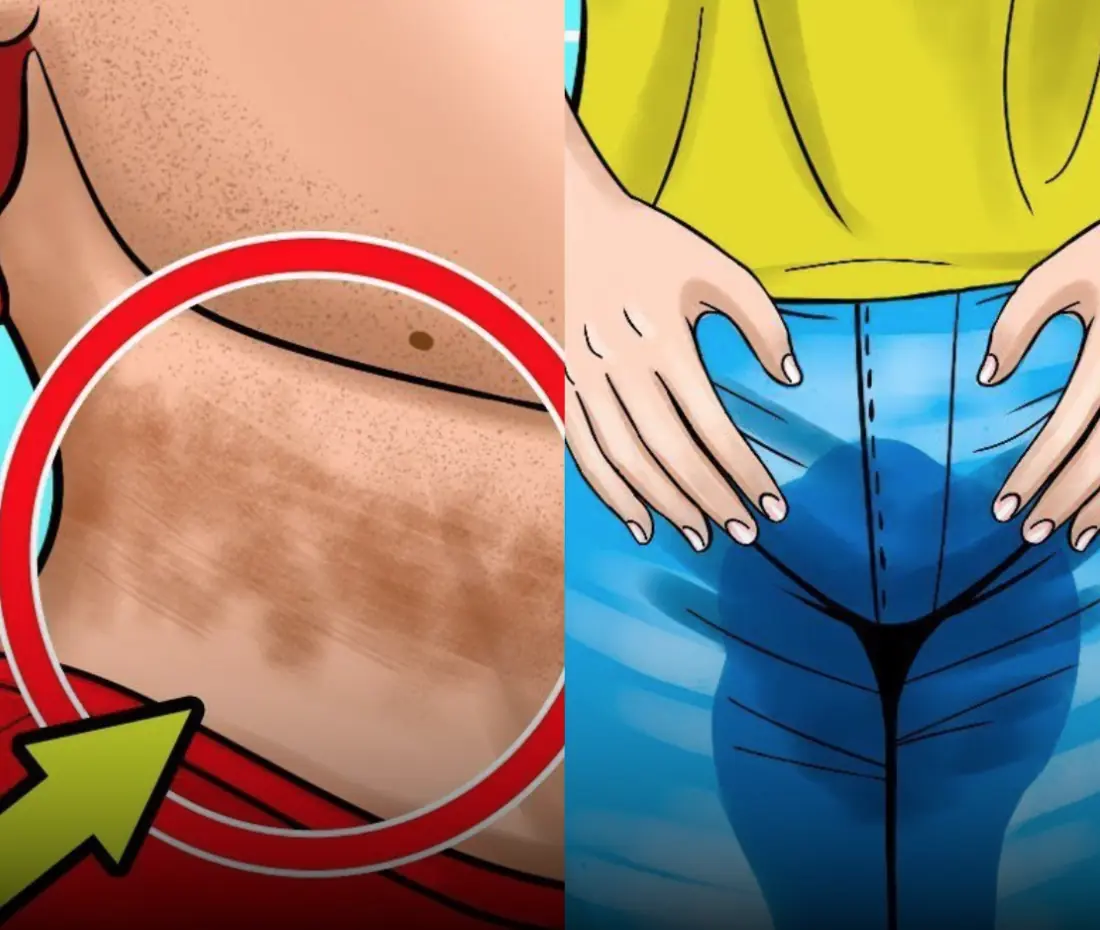
These 10 symptoms indicate latent diabetes

What sleeping on the left side does for our brain, stomach and lymphatic health

Eating yogurt with these 5 mistakes can bring more dis.eases into your body

8 foot massage points that help relieve issues
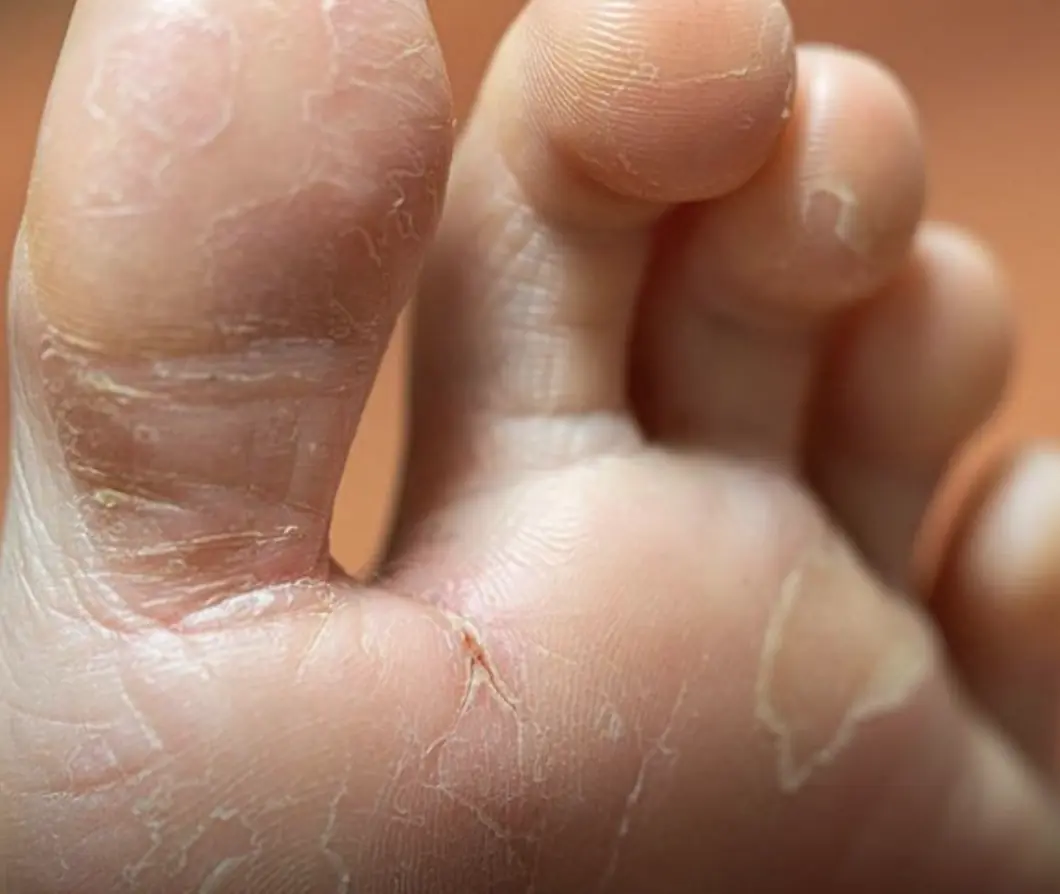
7 subtle symptoms that could signal serious health problems

Struggling with garlic or onion smell on your hands? Try this simple trick—1 minute and it’s gone!

Tightly Wrapped or Loose Cabbage – Which Tastes Better?
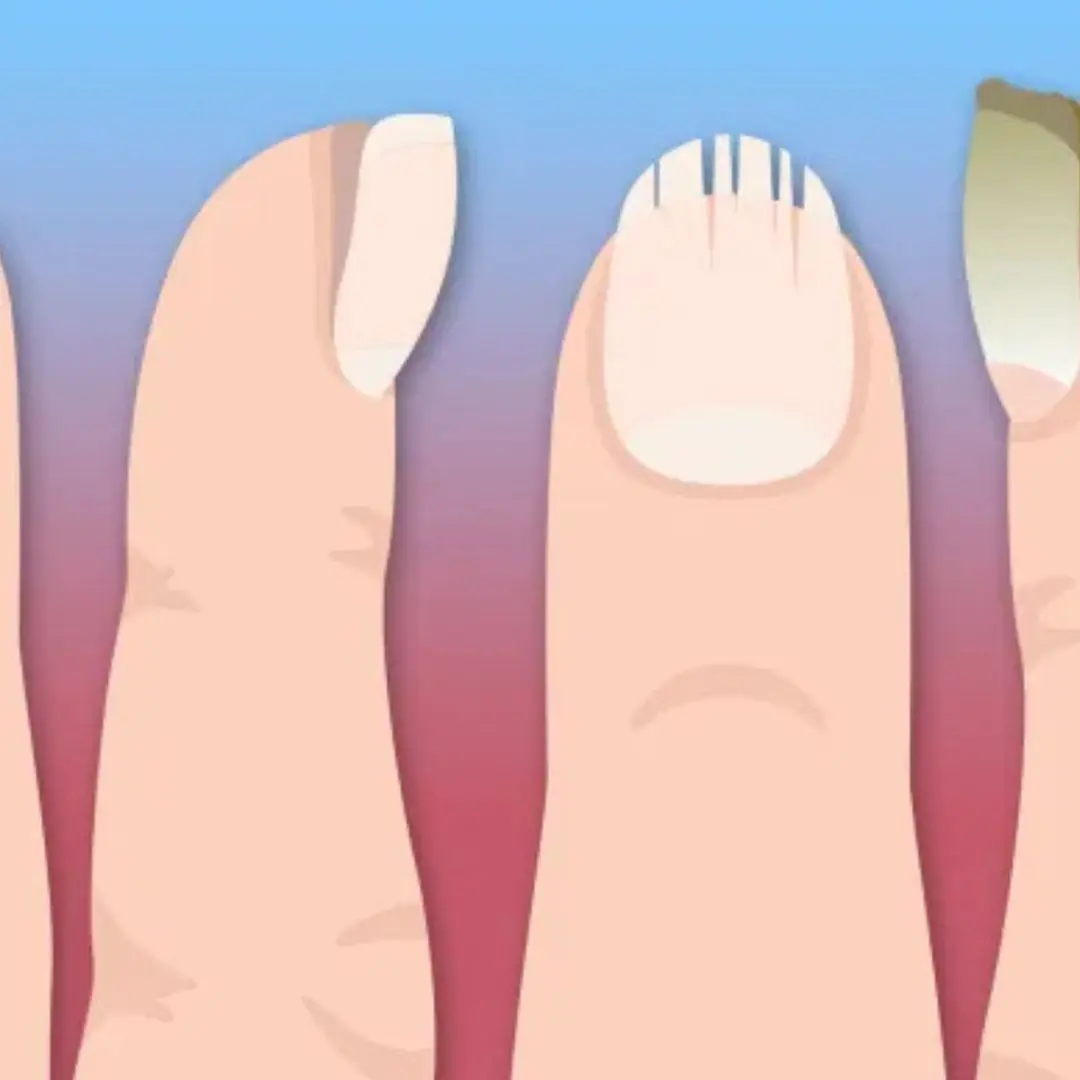
The 5 ‘silent’ can:cer signs you might miss on your nails

Warning about the habit of "welcoming" can:cer into the body, many people know but still do it

4 Types of Plants That Snakes Are Crazy About

Boiling Eggs with Just Water is Not Enough

Discover the Power of Rosemary: Nature’s Potent Pain Reliever & Healing Herb
